
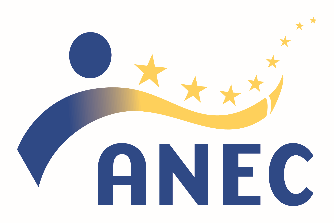
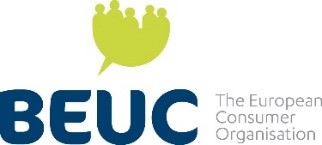

![]()
![]()


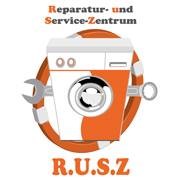
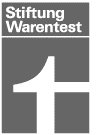



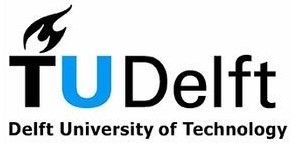
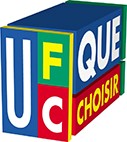
Resource use and waste generation of electrical and electronic equipment has significantly increased in the past decades. In the EU, discarded equipment such as fridges, computers, printers and coffee machines is one of the fastest growing waste streams, rising by 3-5% per year. It is not only putting a strain on the environment but also on consumers’ budgets.
To tackle e-waste, the PROMPT Project (which stands for “Premature Obsolescence Multi-stakeholder Product Testing programme”), aims to push for products designed to last. The aim of the project is to develop an independent test assessing the lifetime of consumer products.
ANEC participated in this consortium of consumer groups, researchers and repair companies, leading the tasks relating to standardisation and coordinating dissemination of the results of the project to European standardisation organisations CEN-CENELEC and ETSI as well as at the international level to ISO and IEC.
The consortium explored how the test method can be used to improve product design, consumer information, technical standards and legislation, and to encourage companies to manufacture longer-lasting products. Longevity will also consider consumer behaviour. That is why researchers have investigated how to incentivise consumers to keep products for longer, go for repair and accept second-hand items. Consumer complaints about early failing products have also been collected in several European countries. The tool was inspired by the ‘Trop vite usé’/‘Te rap kapot’ platform developed by Belgian consumer group Test Achats/Test Aankoop.
The project kicked off a project in May 2019 and ended in April 2023. It was a 4-year partnership - funded by EU’s biggest research programme Horizon 2020 – and a concrete outcome of the EU’s intention to set up a circular economy.
PROMPT project ran from 2019 to 2023. We invite you to check our final project findings.
Standardisation recommendations
Standards play a crucial role in enhancing the reliability and reparability of products, benefiting both consumers and the environment. The lack of appropriate standards has been one of the obstacles to incorporating material efficiency requirements into Ecodesign measures in the past. Reliability and reparability have emerged as top priorities on the European Union's agenda, and this is where the PROMPT project comes into play, providing a timely contribution to legislative and standardization initiatives.
By leveraging the findings from the PROMPT project, we have formulated guidelines specifically tailored for standardization experts involved in material efficiency ‘Guidelines for future standardisation experts’. These guidelines are built upon the project's extensive research, which involved developing product-specific testing programs to assess product durability and engaging in fruitful exchanges with our diverse consortium of partners, including consumer organizations, academics, and repair businesses. The recommendations encompass both horizontal aspects and product-specific considerations, with a particular emphasis on the four key PROMPT product categories: washing machines, smartphones, vacuum cleaners, and televisions.
- > 7.4 Deliverable: Summary of comments and input shared with relevant standardisation processes during the project.
- > 7.5 Deliverable: Guidelines for future standardisation experts.
More about PROMPT
Read more about the Project in our ANEC/BEUC factsheet on PROMPT Project.
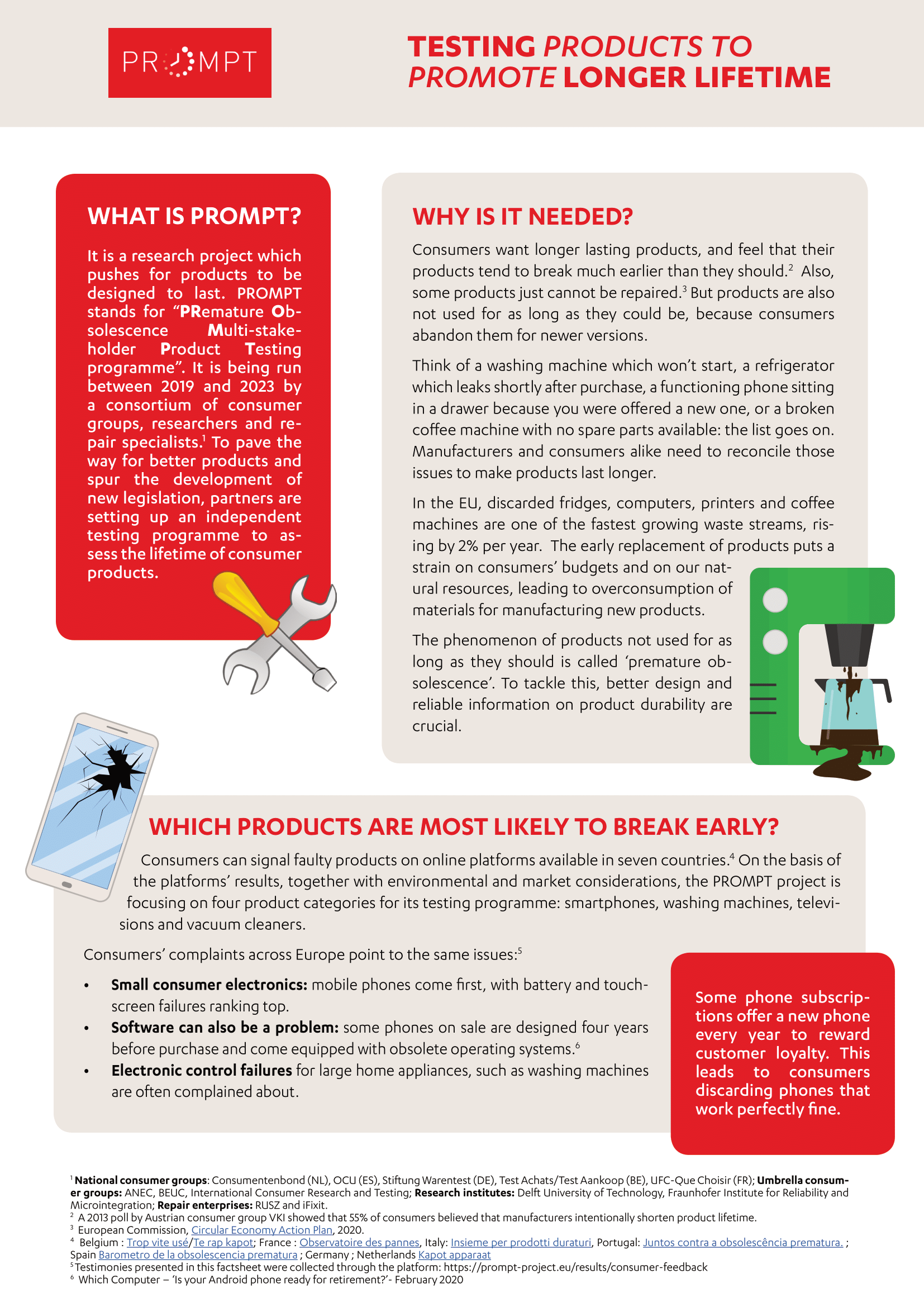
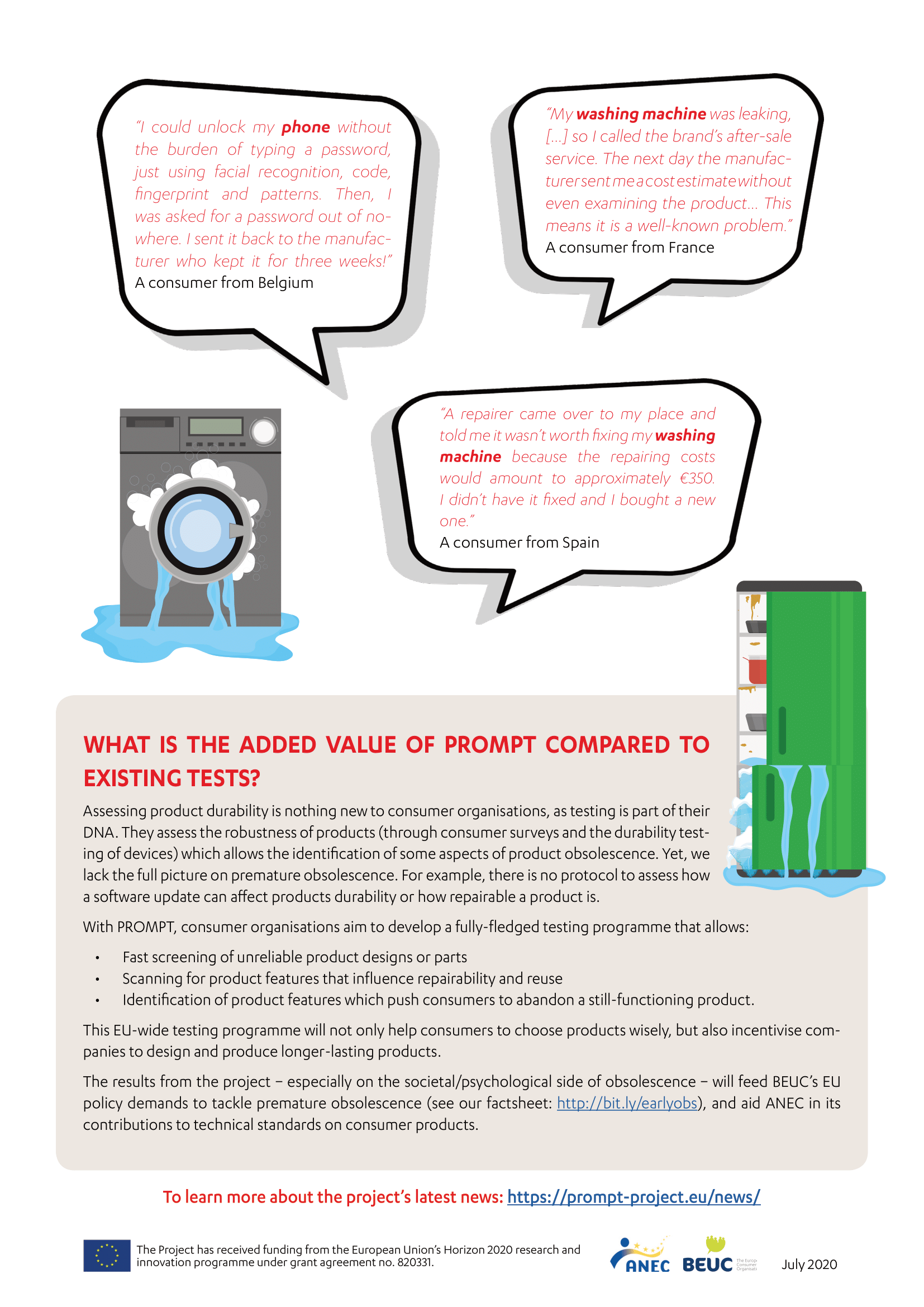
Website: https://prompt-project.eu/
Project partners are:
- National consumer organisations: Consumentenbond (Netherlands), OCU (Spain), Stiftung Warentest (Germany), Test Achats/Test Aankoop (Belgium), UFC-Que Choisir (France);
- Umbrella consumer groups: ANEC, BEUC, International Consumer Research and Testing (ICRT);
- Research institutes: Delft University of Technology (Faculty of Industrial Design Engineering), Fraunhofer Institute for Reliability and Microintegration;
- Repair enterprises: RUSZ (Vienna-based social enterprise specialised in repairing white goods) and iFixit (repair company specialised in computer and mobile phone repair).




